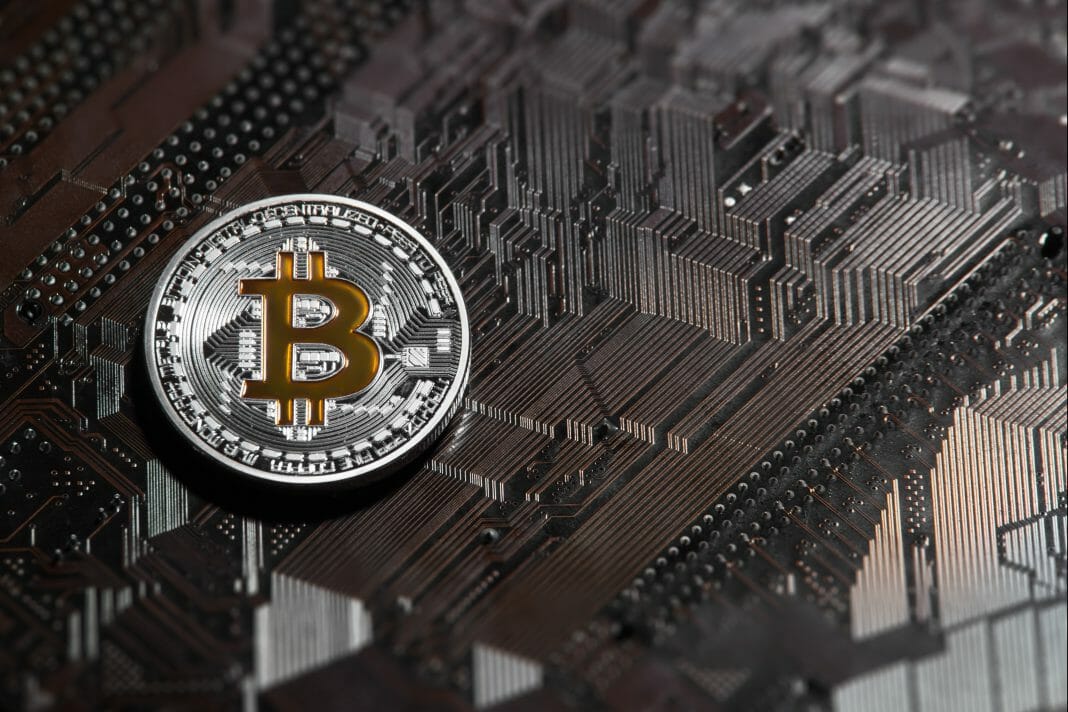The growth of BRC-20 tokens on the Blockchain could further drive Bitcoin network transaction fees.
The incredible number of BRC-20 tokens minted through the Ordinals protocol, which recently clogged the Bitcoin network and strongly boosted transaction fees, has resulted in creating a debate among Blockchain developers as to whether it is necessary to stop the issuance of new tokens.
Said debate is currently taking place in the Linux Foundation’s Bitcoin developer forum. However, no drastic decisions have yet been made to stop the surge in BRC-20 token mints.
“Actual BTC transactions are declining,” expressed Ali Sherief, who kicked off the debate on Sunday. “Such worthless BRC-20 tokens threaten the smooth and normal use of the Bitcoin network as a peer-to-peer digital currency, as it was intended to be used,” he added.
Additionally, Ali Sherief recommended “limiting mints” of the BRC-20 token of the Ordinals protocol. Sherief also published a Bitcoin Network Improvement Proposal (BIP) that consists of modifying Bitcoin Core, the main software for connecting to the Bitcoin network.
Mass Minting is Risky
Not all members of the debate agree on a modification of Bitcoin Core, since Bitcoin should retain its initial structure and operation. For example, Michael Folkson, a member of the “London Bitcoin Dev”, expressed in the debate that Bitcoin should maintain its “status quo”.
“The consensus rules should be set, but the rest should be left to the market.” Folkson wrote.
On the other hand, on March 8, the creator of the BRC-20 token with the pseudonym “Domodata” on Twitter, used the Ordinals protocol to register JavaScript code fragments (JSON), thus allowing the minting of a large number of tokens. expendables, with a total supply of up to quadrillions, all of them practically useless.
The same developer, though, called his own creation “worthless.” “These tokens are useless, please don’t waste money by mass minting,” Domodata tweeted on March 9.
BRC-20 Tokens Are “Spam”
The continued growth of BRC-20 mints has led several developers, including Sherief, to label BRC-20 tokens as spam and think of ways to reduce the mass mint chaos.
“I think everyone knows what happened to the Bitcoin mempool over the last 96 hours,” Ali Sherief said. “This was produced by parallel projects like BRC-20, which have such high volume for the network,” he added.
The “mempool” of the Bitcoin network is a database of unconfirmed transactions, which during this week has been heavily congested, with up to half a million unconfirmed transactions. For reference, the number of unconfirmed transactions was below 50,000, for much of 2022.
On the other hand, Bitcoin developer Luke Dashjr created a spam filter for the Ordinals protocol in February, dubbed “Ordisrespector”, which detects Ordinals transactions and then rejects them. Dashjr also weighed in on the debate, calling for a modification to Bitcoin Core that would filter out the controversial transactions, which he referred to as “spam.”
Despite the efforts of the developers, it is unlikely that any changes will be made to the Bitcoin network protocol. As such, it is possible that the massive minting of BRC-20 will continue, and major exchanges will have to create new strategies to combat the collapse of the network, as well as the drop in transactions.
By Audy Castaneda









